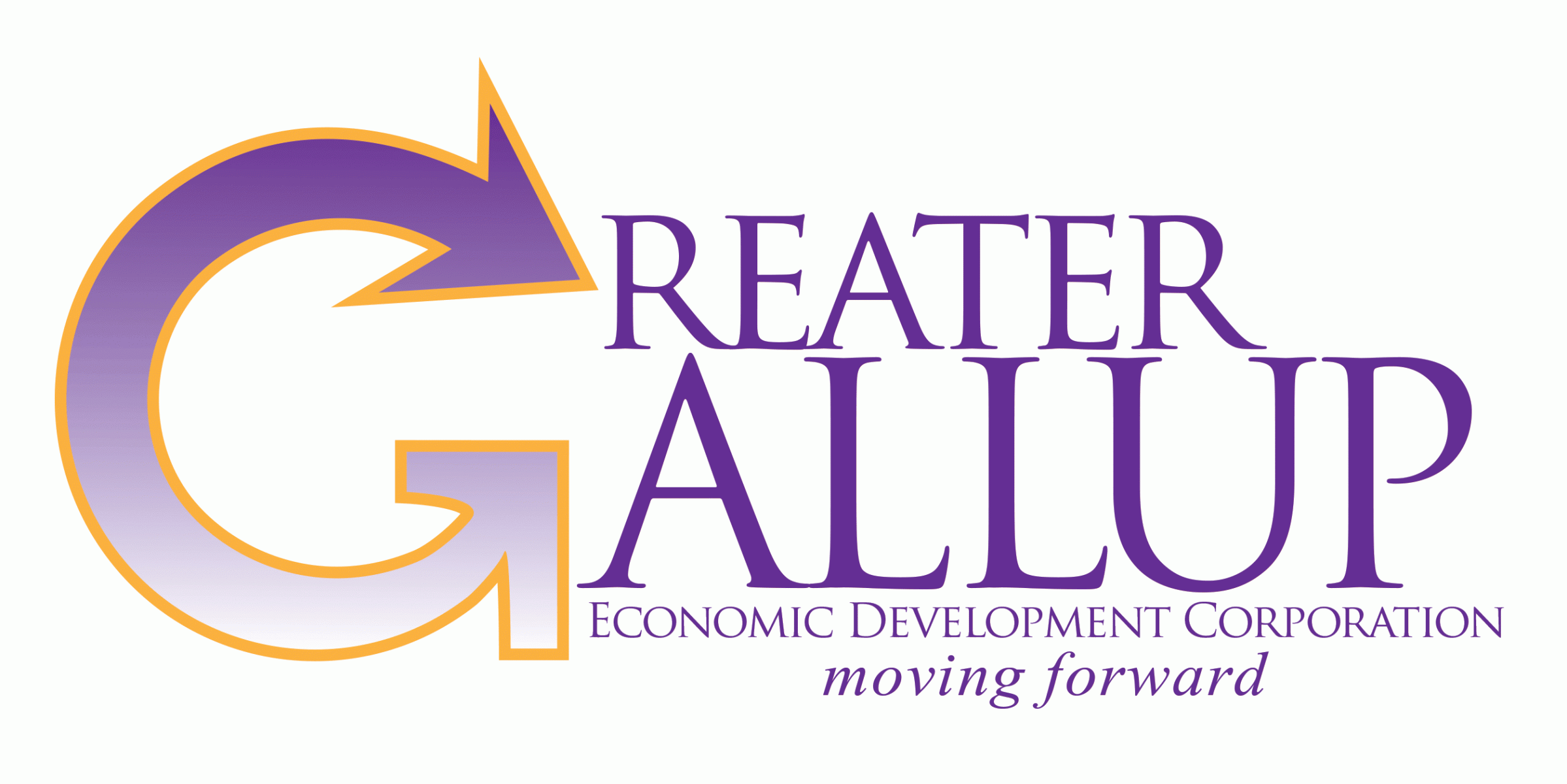
Collaborative Model of Economic Development Draws Interest
April 24, 2016
Businesses and governments often operate in isolation, unmindful of how their operations or policies affect others, Lundstrom said in an interview with Finance New Mexico, and this can put them at cross purposes. In McKinley County, she broke with that tradition by introducing an economic development model founded on collaboration and peer support.
The success of that initiative is attracting attention all over New Mexico, as communities struggle to provide public services with shrinking tax revenues and diminishing state assistance.
Roundtable of Stakeholders
Necessity was the mother of Lundstrom’s invention: With an annual budget of $325,000, she realized her organization needed to harness the collective brainpower of her community’s public-private leaders.
Lundstrom recruited the CEOs of every local economic development organization, government agency and key economic base industries to participate in a results-oriented group she named the Gallup Executive Director’s Alliance. GEDA meets once a month to generate and discuss ideas for economic development and work in concert on economic development opportunities, such as targeting a specific industry for growth or a business that might find the area compatible for its needs.
And the work is paying off. GEDA members believe the area’s proximity to railroad networks and transnational commerce make it ideal for a commercial transportation hub, and that’s an idea the group is pursuing. GEDA also persuaded local governments that it wasn’t in the interest of Gallup or McKinley County to raise taxes to cover a loss in state “hold harmless” assistance that followed repeal of the food tax in 2004. If both the city and county enact their allowed 3/8 percent increases in gross receipts taxes (GRT), businesses and consumers in Gallup would have the highest GRT in the state: 9.0625 percent.
GRT increases can make businesses less competitive, drive commerce out of an area and halt economic development, Lundstrom told those gathered in Santa Fe for an Economic Roundtable meeting called “The True Cost of Debt” as the 2016 Legislature convened. It was one of the two educational forums that the Greater Gallup Economic Development Corporation hosts every year for the public and for economic development agencies.
An Idea Worth Imitating
Her peers in other communities are expressing interest in establishing their own roundtables that solicit community-wide engagement and commitment, Lundstrom said. “Every community in the state can do this. We’re the poorest county in the poorest state; all we have is each other.”
“Collaboration makes it easier in the long run than going on your own,” she added. Building collaborative relationships “is a foundational piece to have in place for successful economic development. It doesn’t happen in silos.”
To learn more about Greater Gallup Economic Development Corporation, visit gallupedc.com.

